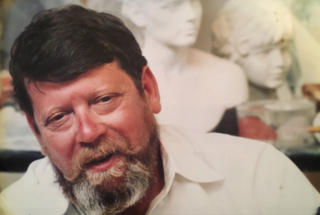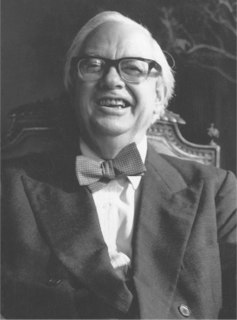A Quote by Claude Levi-Strauss
Enthusiastic partisans of the idea of progress are in danger of failing to recognize the immense riches accumulated by the human race. By underrating the achievements of the past, they devalue all those which still remain to be accomplished.
Related Quotes
Spiritual knowledge is like a house built in the midst of secular and pagan knowledge, in which there is laid up, like a solid and well-secured chest, the knowledge of the inspired Scriptures and the inestimable riches they contain. Those who enter into the house will never at all be able to see those treasures unless this chest is opened for them. But it does not belong to human wisdom (cf. I Cor. 2:13) ever to be able to open it, so that the riches of the Spirit deposited in it remain unknown to all who are worldly.
Progress, far from consisting in change, depends on retentiveness. When change is absolute there remains no being to improve and no direction is set for possible improvement: and when experience is not retained, as among savages, infancy is perpetual. Those who cannot remember the past are condemned to repeat it. In the first stage of life the mind is frivolous and easily distracted; it misses progress by failing in consecutiveness and persistence. This is the condition of children and barbarians, in which instinct has learned nothing from experience.
Literature is at once the cause and the effect of social progress. It deepens our natural sensibilities, and strengthens by exercise our intellectual capacities. It stores up the accumulated experience of the race, connecting Past and Present into a conscious unity; and with this store it feeds successive generations, to be fed in turn by them.
Chess is a unique battlefield for human minds and computers - human intuition, our creativity, fantasy, our logic, versus the brute force of calculation and a very small portion of accumulated knowledge infused by other human beings. So in chess we can compare these two incompatible things and probably make projections into our future. Is there danger that the human mind will be overshadowed by the power of computers, or we can still survive?
I can live with doubt and uncertainty and not knowing. I think it is much more interesting to live not knowing than to have answers that might be wrong. If we will only allow that, as we progress, we remain unsure, we will leave opportunities for alternatives. We will not become enthusiastic for the fact, the knowledge, the absolute truth of the day, but remain always uncertain … In order to make progress, one must leave the door to the unknown ajar.
I still think that we have a hesitance to talk about things racial. And I think we do it at our detriment. We go from incident to incident, and we have spikes in which race becomes something that we talk about, as opposed to talking about race in those less contentious times when I think we might make more progress.
Man is more than his environment. It is from the innate quality of the Spirit in him, his inner storehouse, that he draws those ideas, his intuitions, which unify his perceptions of the external world instantaneously with a value which is qualitative and not quantitative, and which he embodies in the works of his culture - those achievements which belong not only to one particular time but to all times, and mark the path of his upward progress.




































